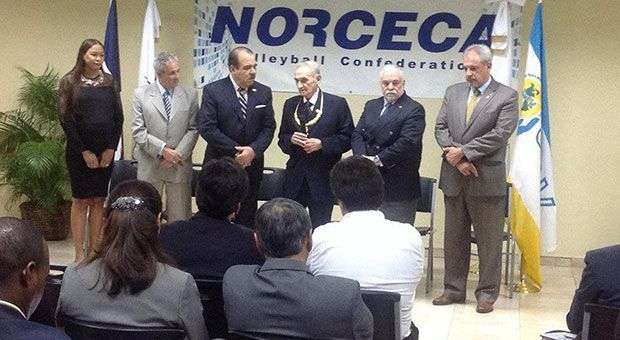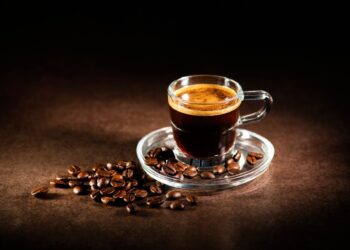The first memory I have of the “dark-skinned Caribbean women” dates back to the 1991 Pan American Games; the competition held in Havana at moments that already warned the proximity of complex times for our little island. I had the opportunity to enjoy live the triumph of Cuban women’s volleyball team, its fifth consecutive success in events of this type. I was only six years old and I imagine that , at that time, I did not notice his presence on the court.
By that date Eugenio George already amassed more than two decades of a fascinating history: the first regional medals, the first titles, the great victory in 1978 World Cup, in USSR. The project of Cuban volleyball school was a latent reality. Then, the three consecutive Olympic titles came: Barcelona 1992, Atlanta 1996 and Sydney 2000. Each one has its own dose of drama and emotions, from the epic comebacks up to the great narratives by René Navarro: “Marlenis puts the ball up, and Mireya puts it down ” … “from Cuba and for the world” … ” two-hands block by the chocolate wall.”
There was more, the global titles in 1994 and 1998, the bronze medal reached in 2004 Athens Olympics, a result that very few expected and that is why it was so special, Grand Prixes, World Cups; nothing escaped to the magical aura of the Spectacular Dark-skinned Caribbean Women. And Professor Eugenio was with them as architect of the legend and Ñico, Calderon, and his brother Eider were next to him.
When the century finished, logical time of recount came. Eugenio was selected as the best coach in the world of the century. Distinction well deserved, but his legacy was beyond the court, the titles achieved, the trainings that were equally or more demanding than a game, or the almost invincible system of 4-2. Eugenio not only built the Cuban volleyball school, but created a school for life in which several generations of unique women were formed. That is the greatest merit of his work. You just have to listen to any of his pupils to realize of that.
Just a few days ago Eugenio received the Golden Collar Order of the International Volleyball Federation (FIVB by its French acronym). The tribute came to pass in the Dominican Republic, home of the Caribbean Volleyball Confederation (NORCECA by its Spanish acronym). He had not appear on television long ago, only at the end of 2013 I knew he had been present at the national volleyball meeting and one of the days he had to leave because he was not in good health. Perhaps for this reason I was comforted when seeing him visibly moved when receiving the award.
It was needed then a review on that pleasant event. But when I just started to think the first ideas about what I would write, I realized that I should not be the one who talk about Eugenio. I thought it would be more rewarding than those great women who, under his able guidance, wrote one of the most beautiful pages of Cuban sports were the ones who should talk about Eugenio. Who better than them? These two comments are true reflection of the satisfaction with which several of them received the notice of the order granted to him and the words written on sites that reported the fact.
Yusleyni Herrera: “Knowing the news made me very happy. He deserves that and much more. He was a great coach, he taught me a lot as an athlete, but he knew going beyond … he taught me to be a humble person, to be respected as a woman. With great satisfaction I can say that he was like a father. “
Yaima Ortiz: “One day would not be enough to talk on Eugenio. He is a volleyball legend. Father, educator … he taught us to never give up, to be disciplined, self-sacrificing, from generation to generation. Sometimes we got upset about things he told us or due to the endless trainings, but in the end we gave thanks to his devotion and wisdom, I am sure that today each of us is proud when knowing about that award granted to the “old man”, as many affectionately called him. ”
“Thanks professor …”










